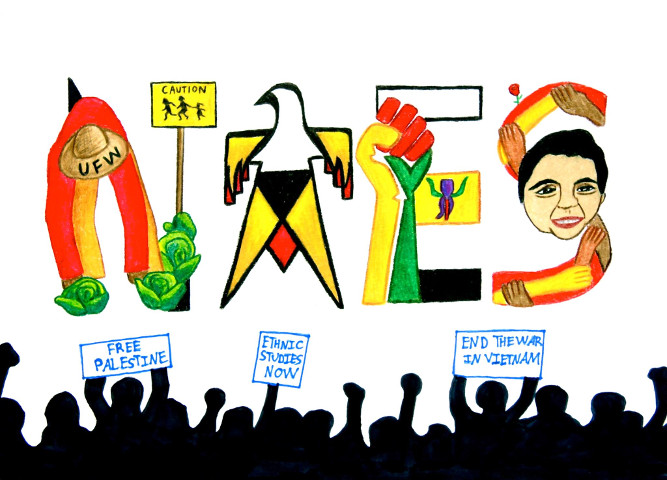Ethnic Studies Review

Orginal Publication Date
1996
Journal Title
Ethnic Studies Review
Volume
19
Issue
esr/vol19/iss1
First Page
[7]
Last Page
28
Abstract
Between the time of first arrival of the Hmong refugees in 1975 and the mid-1990s, there has been much geographic movement of these new Americans. An initial pattern of Hmong residential dispersal throughout the American states has gradually transformed into a predominantly tri-state concentration (California, Wisconsin, and Minnesota). This highly distinctive resettlement pattern is the result of delicately balancing the most essential substance of Hmong tradition with pragmatic considerations such as job prospects (especially farming work), access to language and job training programs, extended family and clan obligations, changing federal policies for Refugee Cash Assistance (RCA), changing welfare eligibility regulations between the states (especially as it relates to AFDC-UP), climate and topographical considerations, and the like.
Rights
Copyright ©ESR, The National Association for Ethnic Studies, 1996



Comments
Ethnicity, Family, and Community